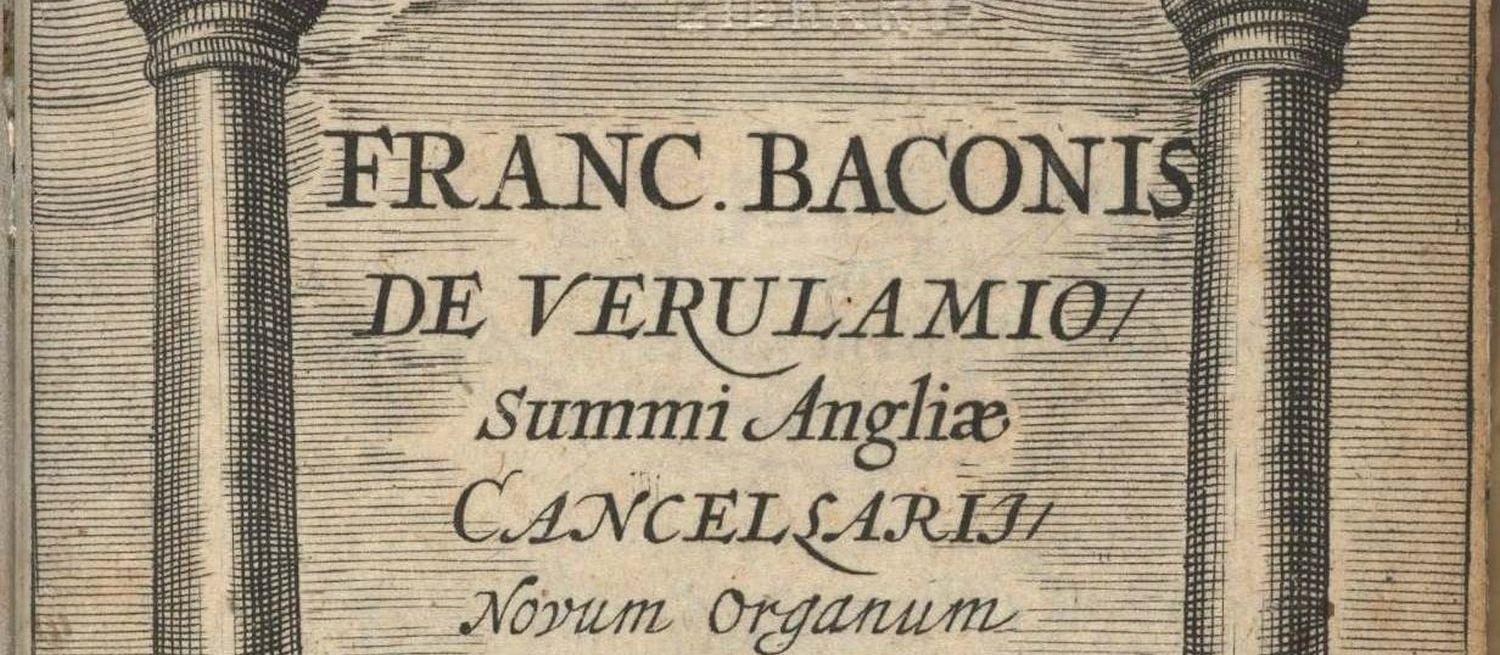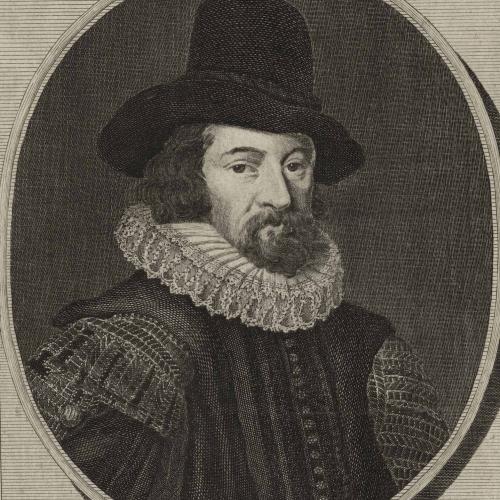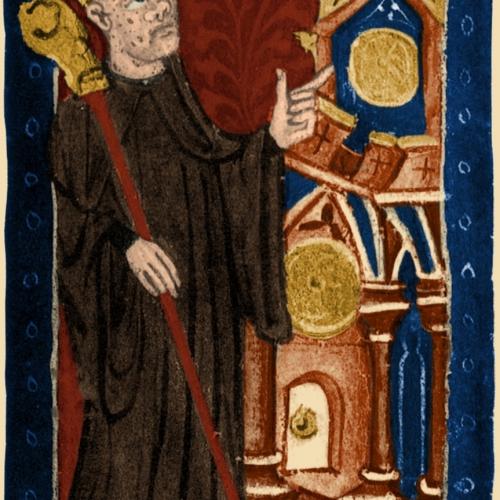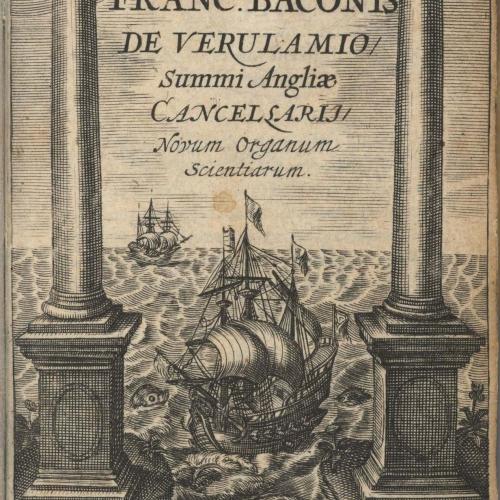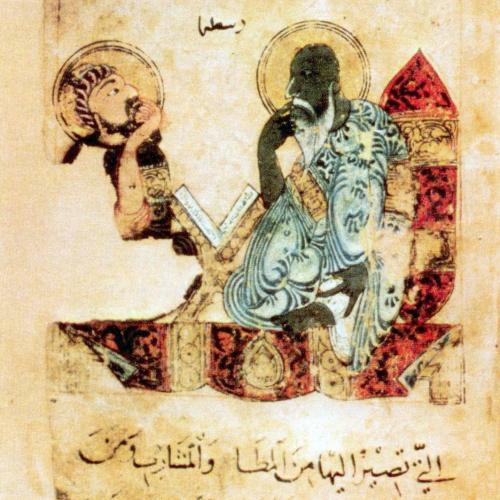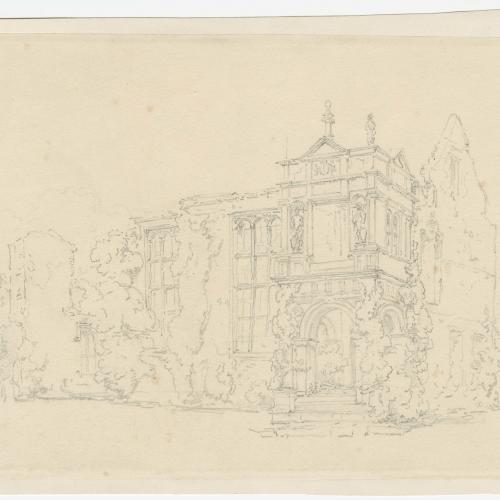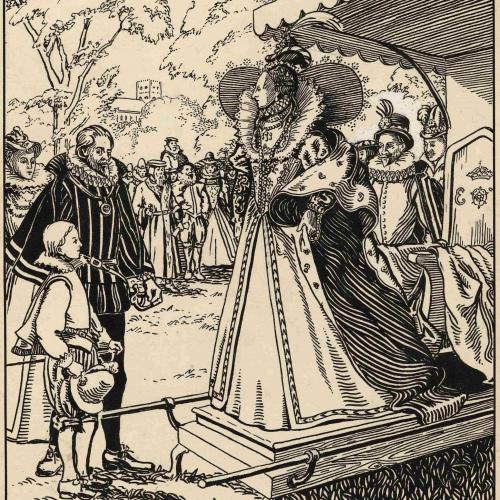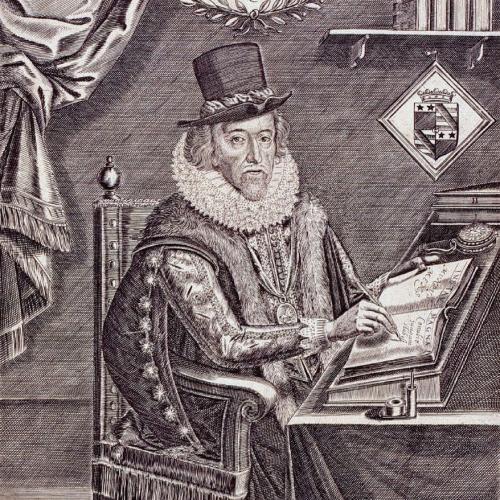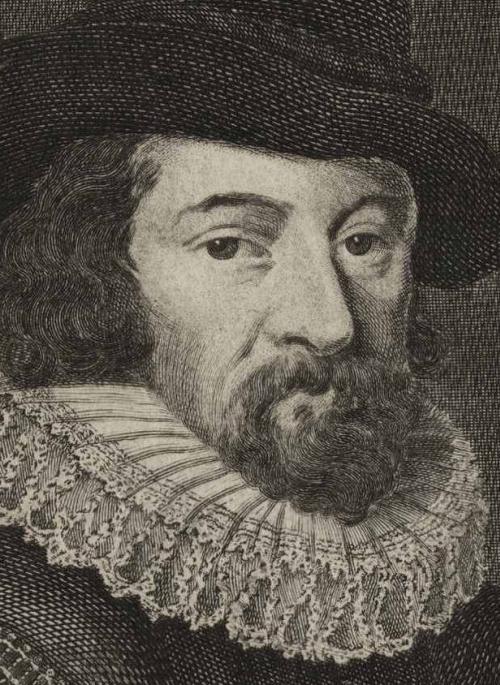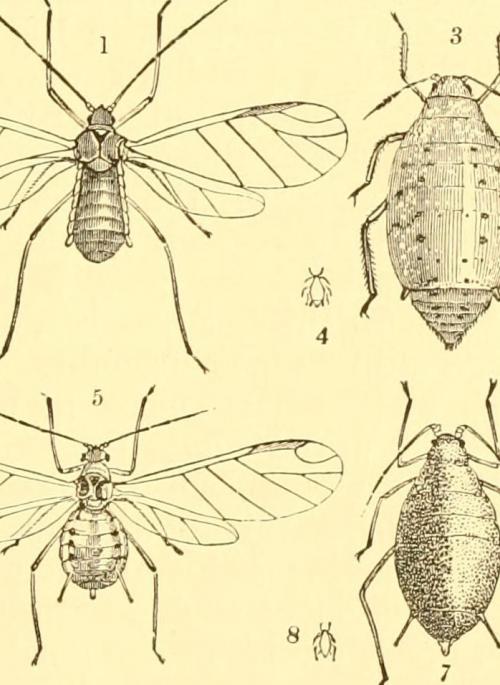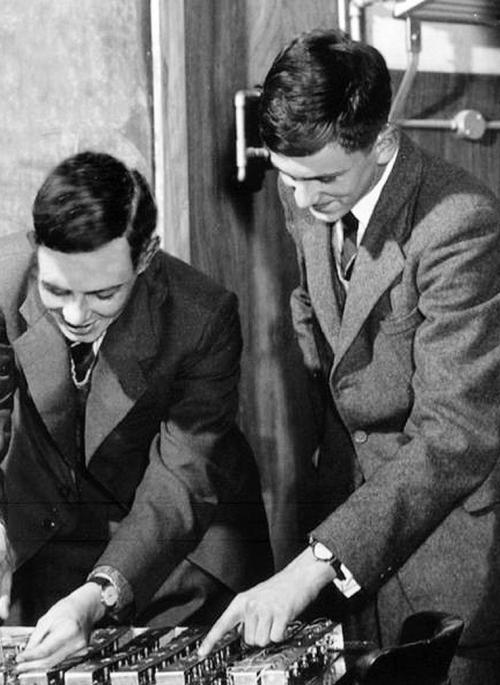Visitors may know of St Albans for its Roman heritage, its place in the Wars of the Roses, or for the Benedictine monastery of St Albans Abbey. However, they may be less familiar with the role St Albans has played in the lives and work of scientists throughout history.
From the scientific observations of medieval abbots to the pioneering work of Professor Stephen Hawking on black holes, St Albans has been home to every kind of scientist, including physicists, astronomers, entomologists, medical pioneers, engineering experts and many more.
At the heart of this story is Sir Francis Bacon - a philosopher, poet, author, garden designer, cryptographer, courtier and lawyer. He is also known as the ’father of Experimental Philosophy’ (or Science) because of his book Novum Organum Scientiarum - “a new instrument of science”.
In this exhibition, explore how Francis Bacon’s new experimental method was used by scientists and scientific companies in St Albans. Follow the steps from observation and theory to experimentation and results, to discover its relevance to us today.
Novum Organum Scientiarum: A new way of thinking
Novum Organum Scientiarum, subtitled “True suggestions for the interpretation of nature” was published in Latin, in 1620. The first part of the book looks at how assumptions and mistaken thinking can make it impossible to find the truth.
The second part sets out his new system of logic using specific observations to propose general theories.
For example, to study heat you should:
- List all of the situations where heat is found.
- Create a second list of situations that are similar to the first list but where heat is not found.
- List all the situations where heat can vary.
You can then work out what the cause of heat must be by looking for something that the first list has in common, that is missing in the second list and which varies in the third list.
Whilst Francis Bacon did not focus on making significant scientific discoveries himself, he was pleased to have set out a framework that others could use:
I hold it enough to have constructed the machine, though I may not succeed in setting it on work.
Francis Bacon: Father of Experimental Philosophy
Francis Bacon was the youngest son of Nicholas Bacon and Anne Cooke. He was brought up and educated at Gorhambury on the outskirts of St Albans and the ruins of the house he built there can still be seen today.
He studied Law at Trinity College Cambridge and went on to become an MP and a successful politician. He had been particularly interested in the philosophy of science from a young age.
Bacon was particularly frustrated that methods of exploring the natural world had remained unchanged for nearly 2000 years. Philosophers and scientists in the 1600s still used Aristotle’s method of proposing a theory and working it out through evidence working out a general rule through logical argument.
